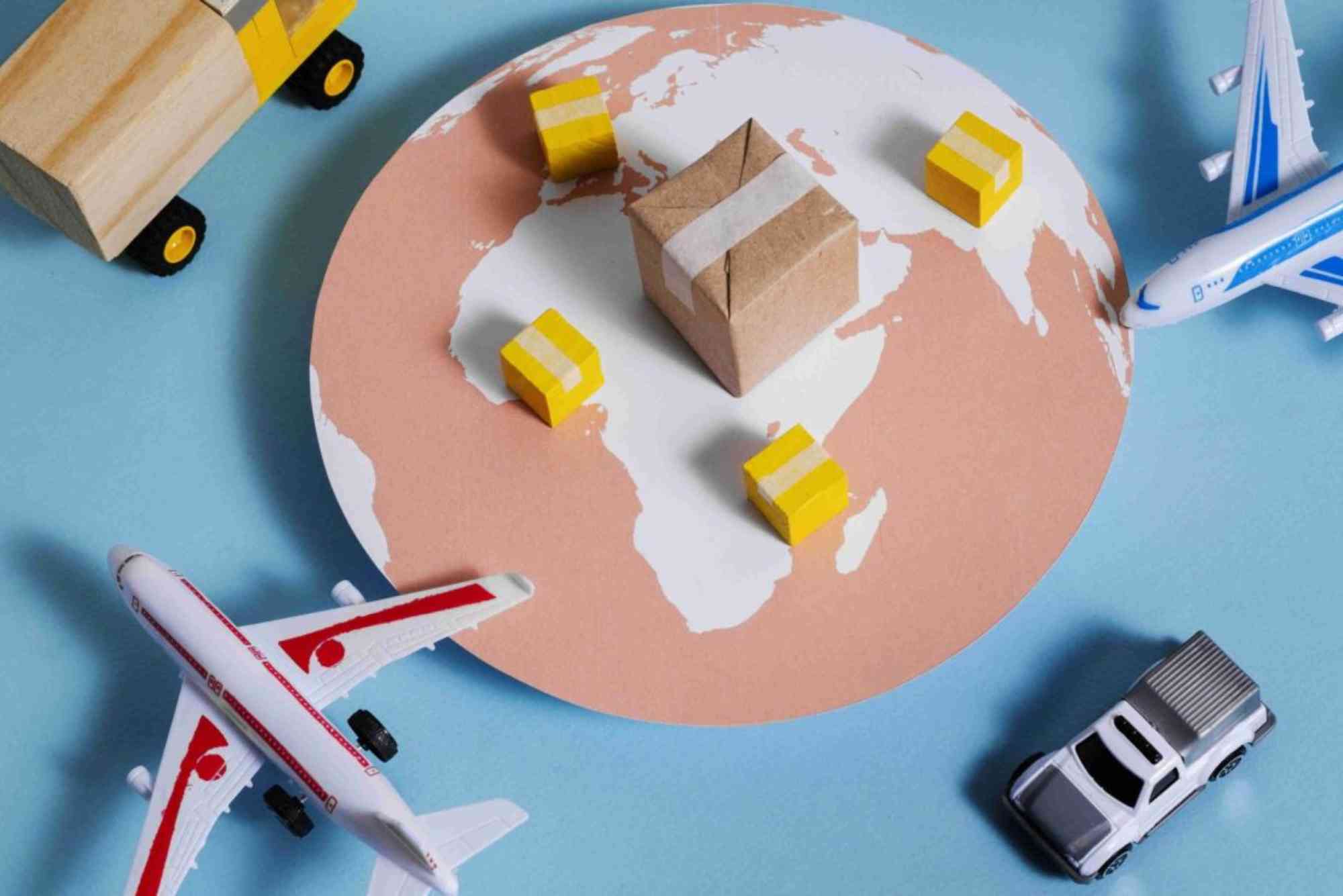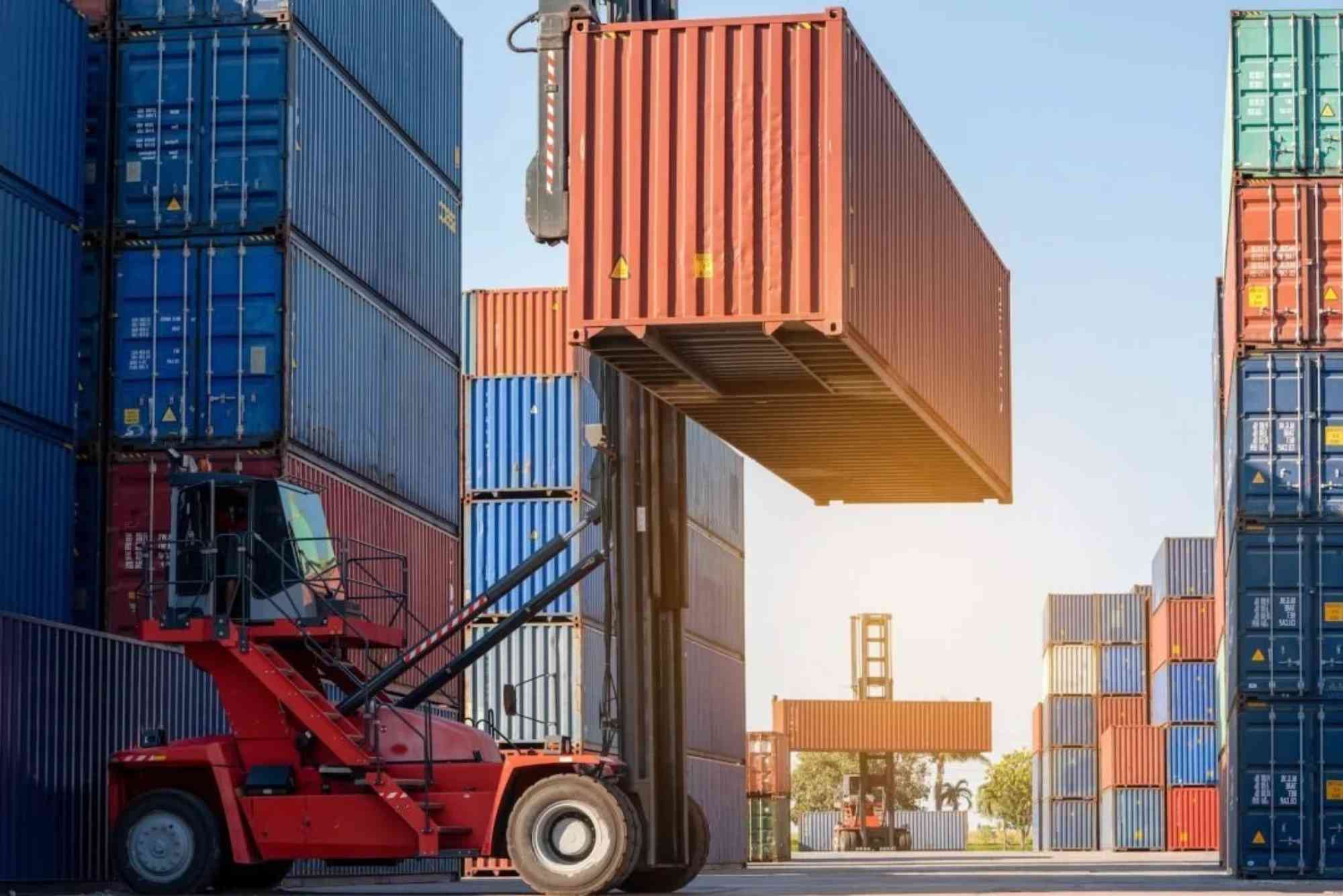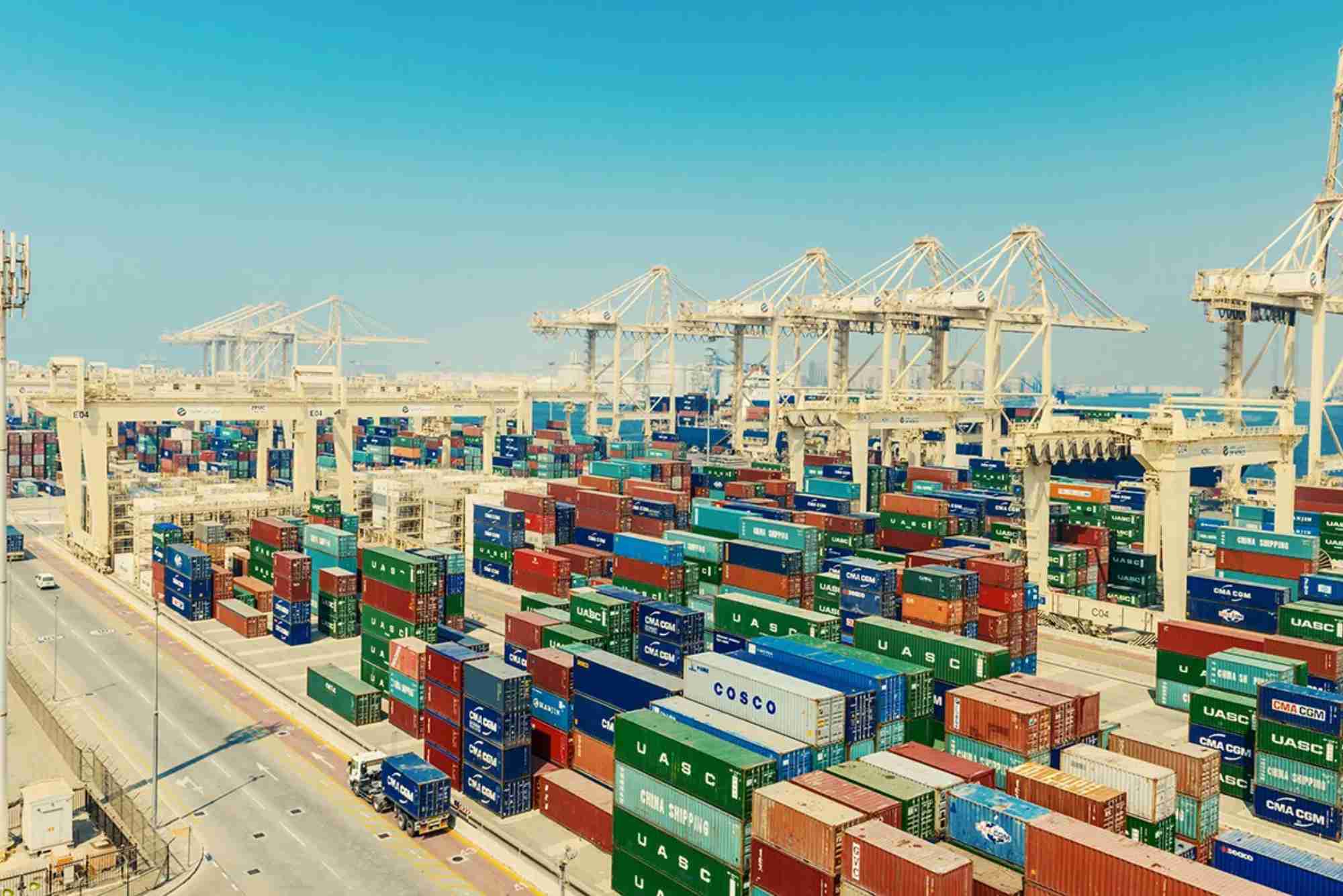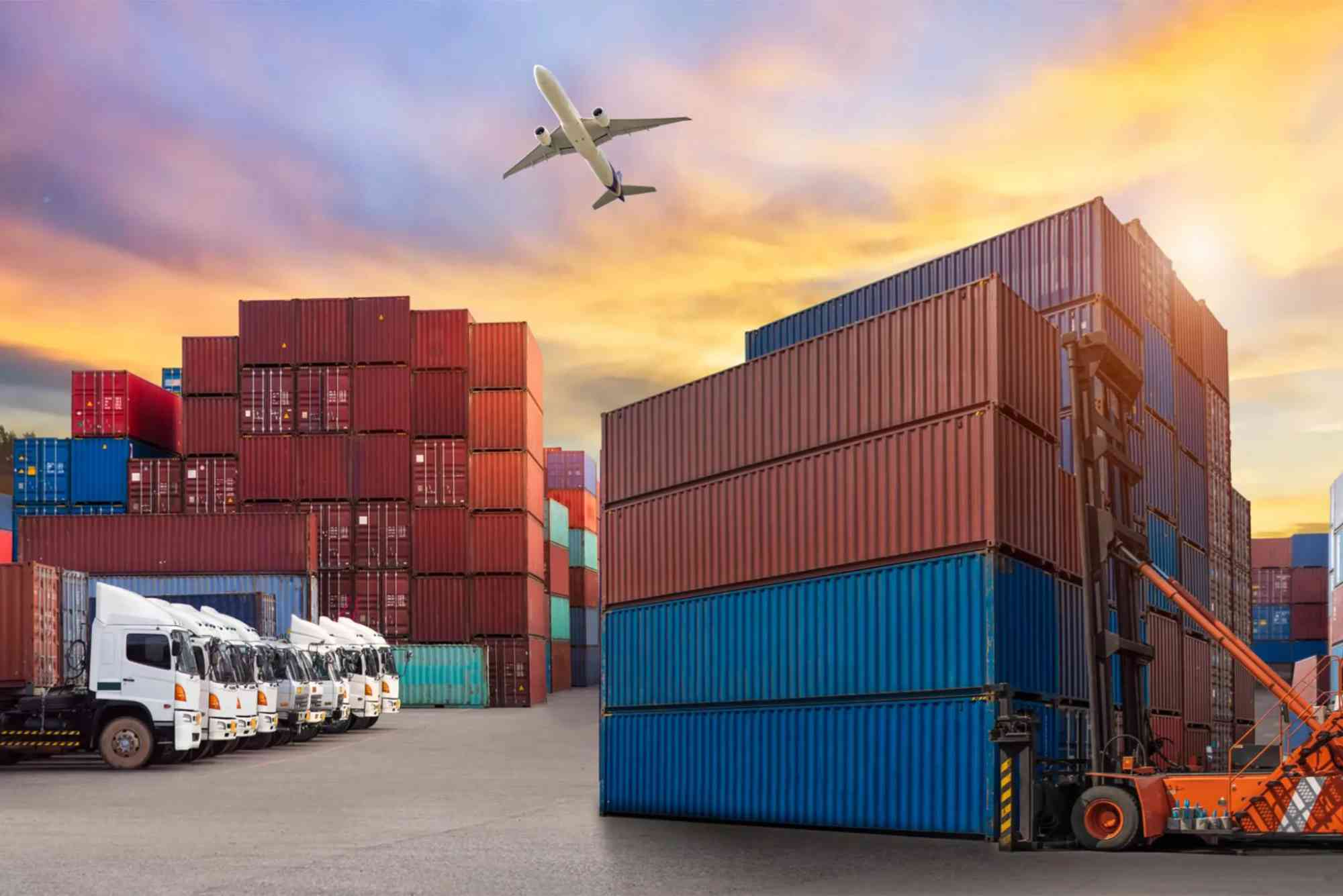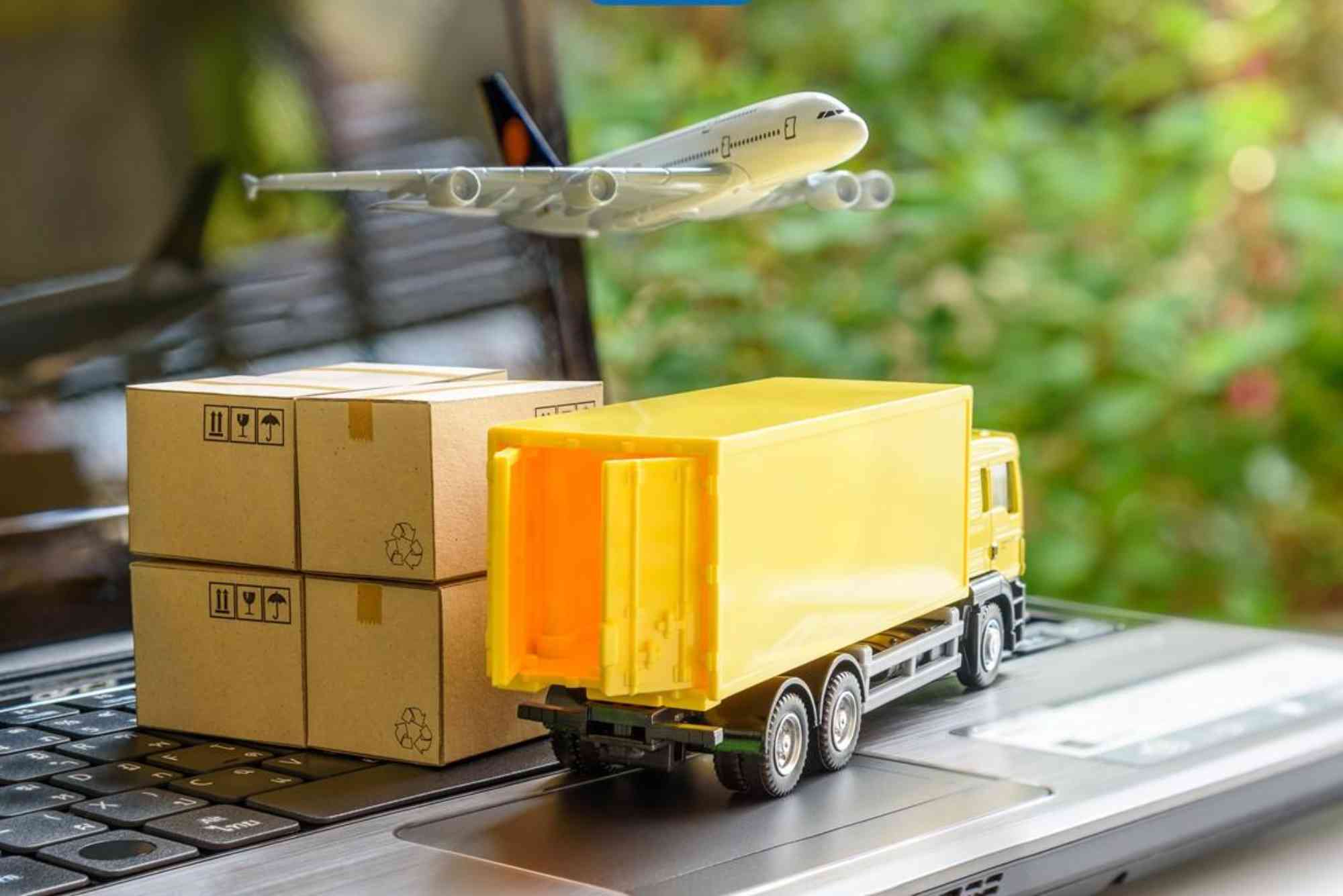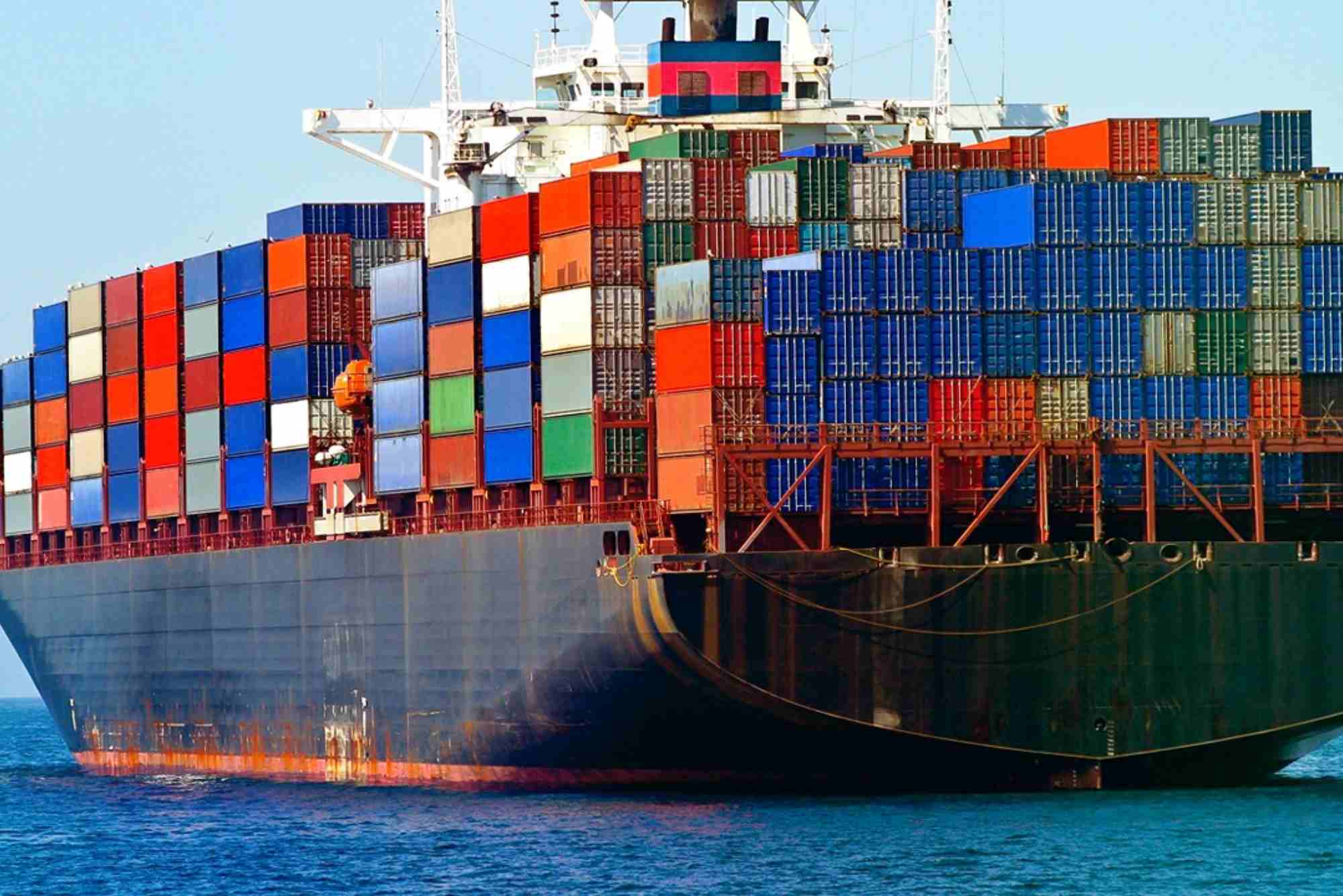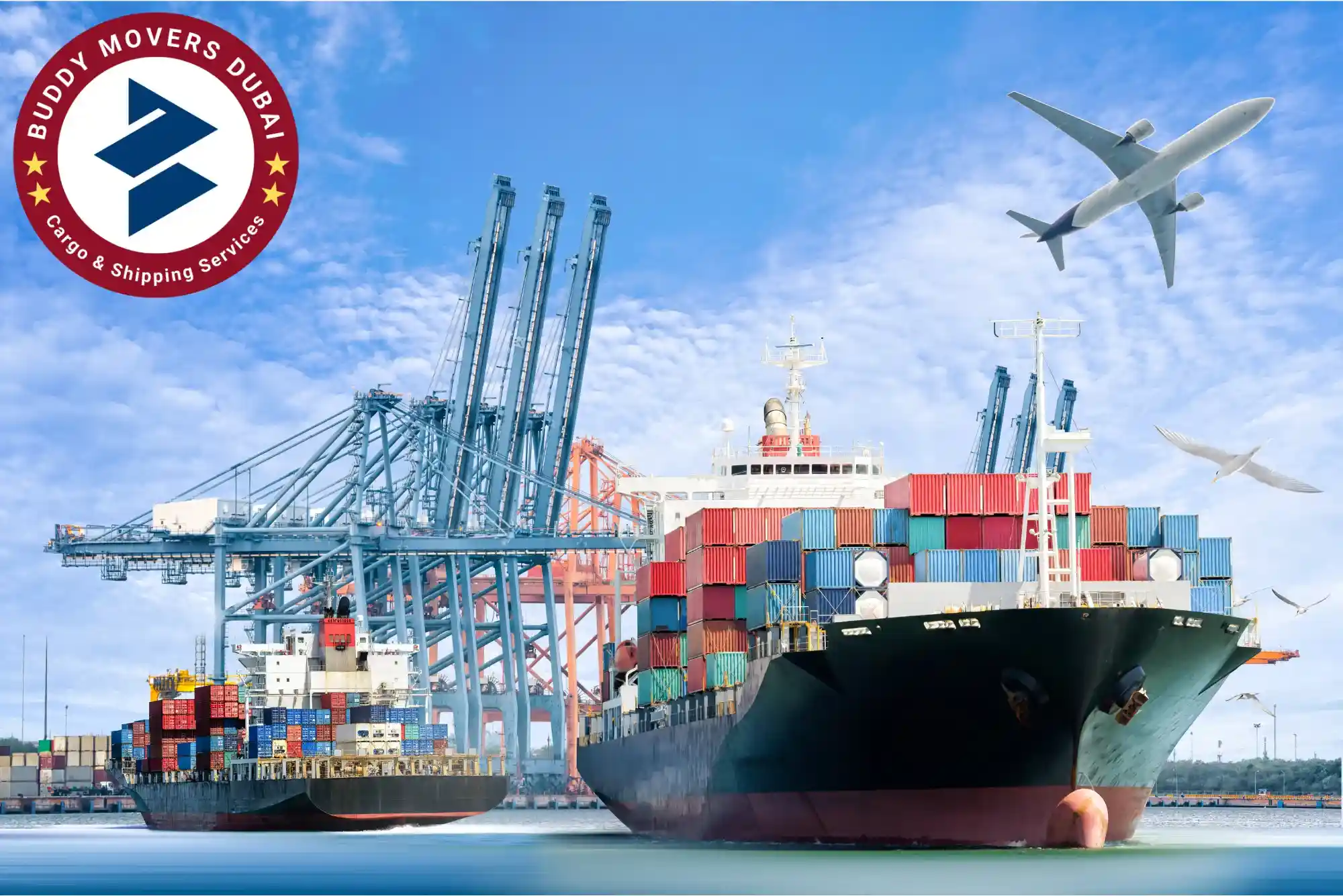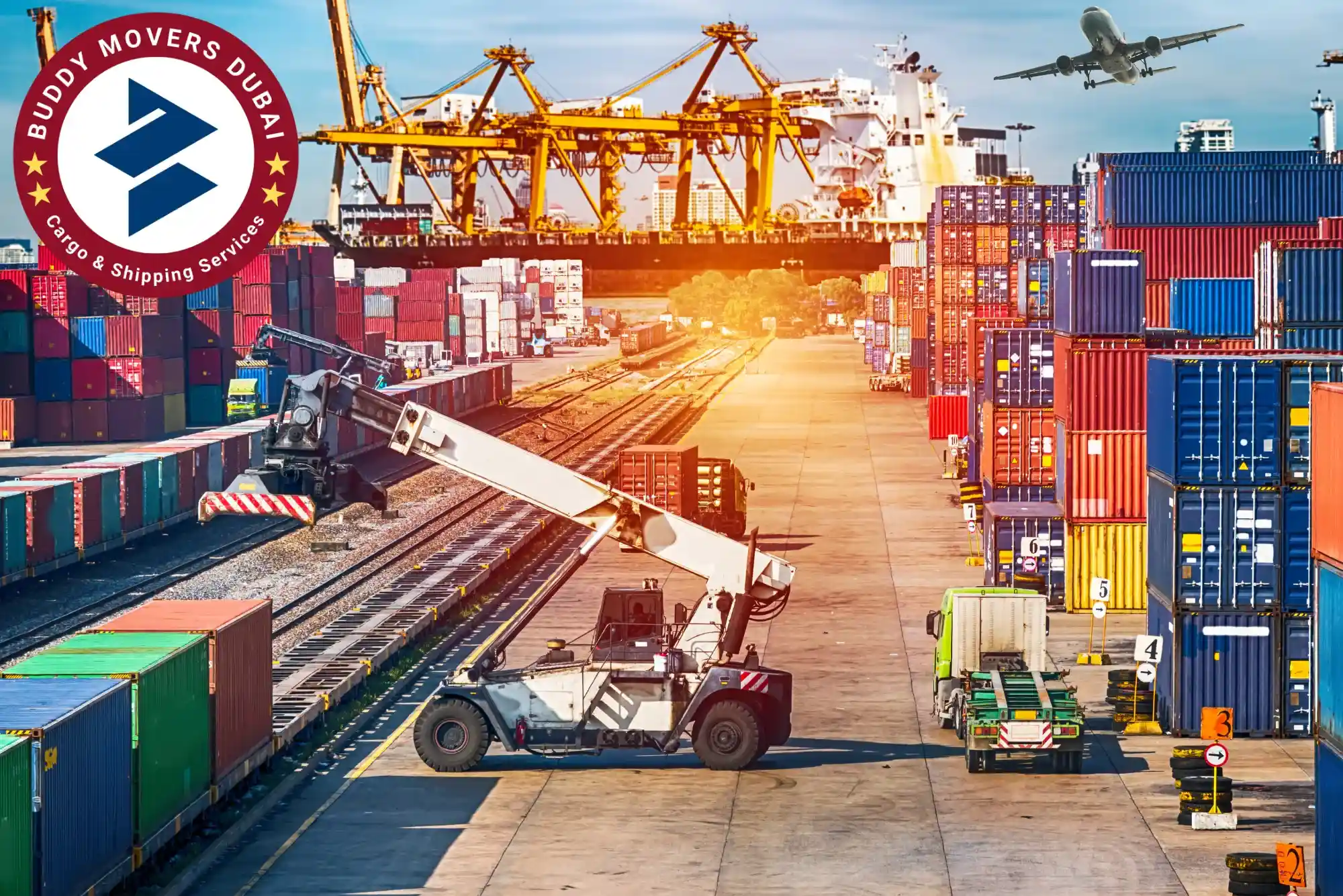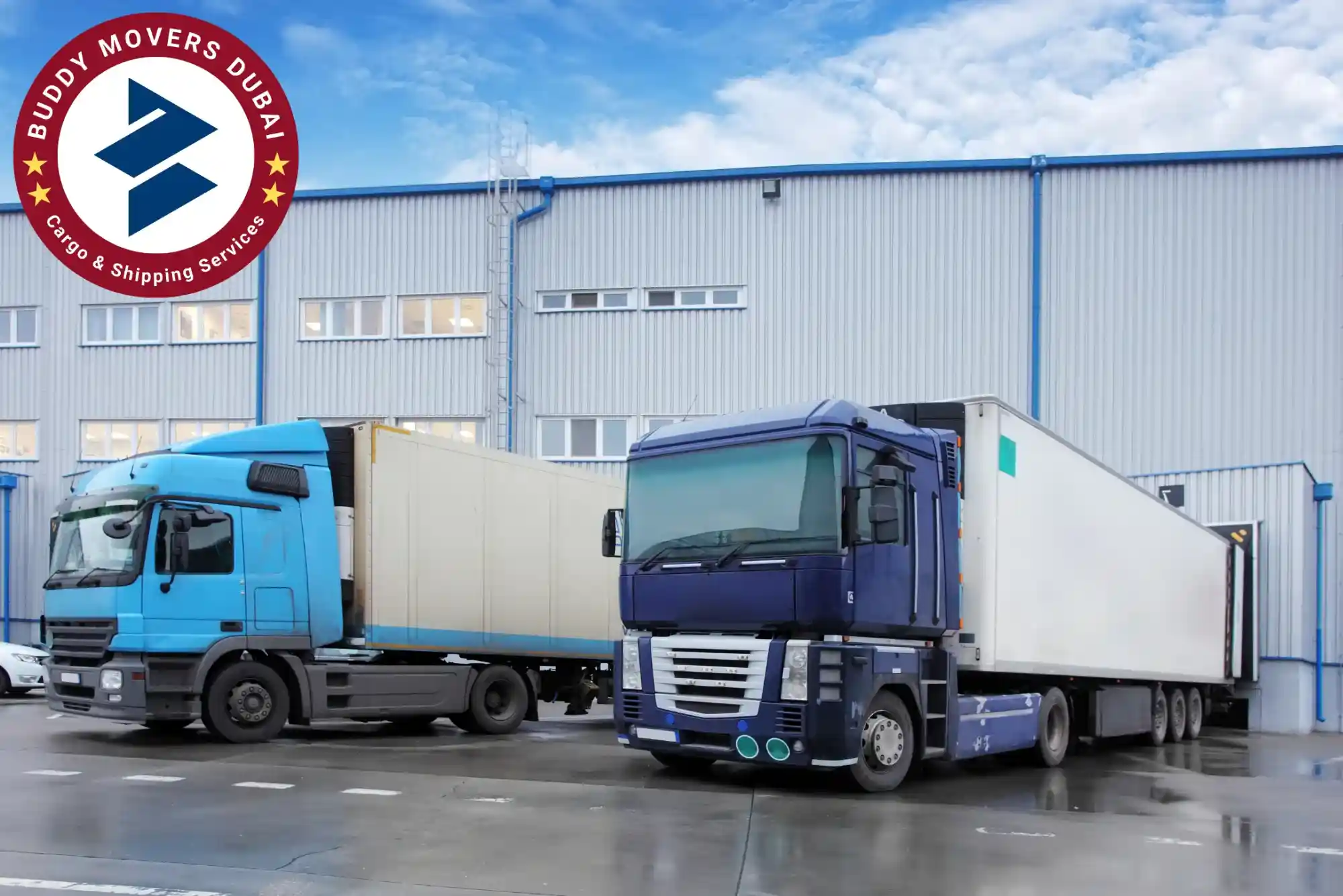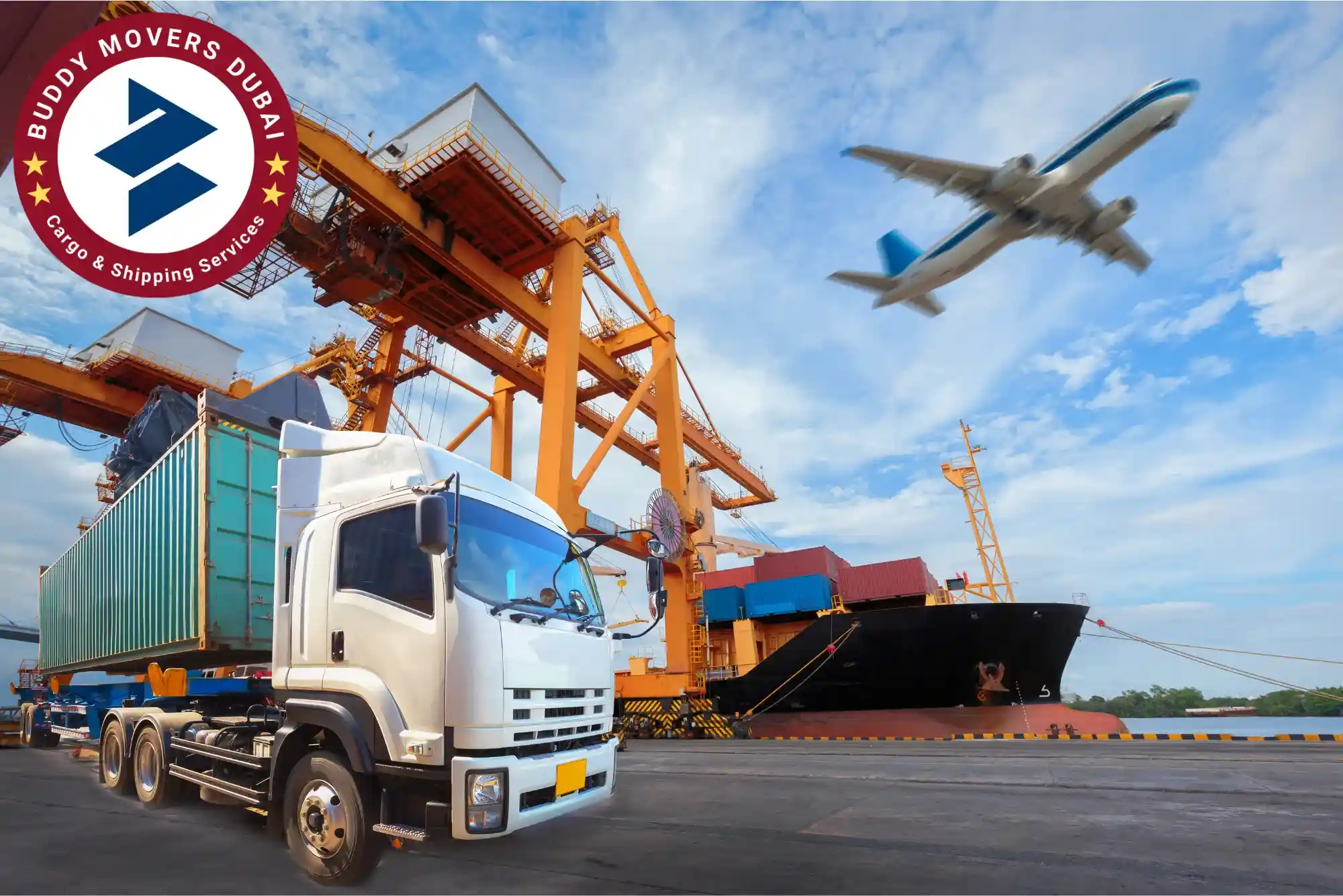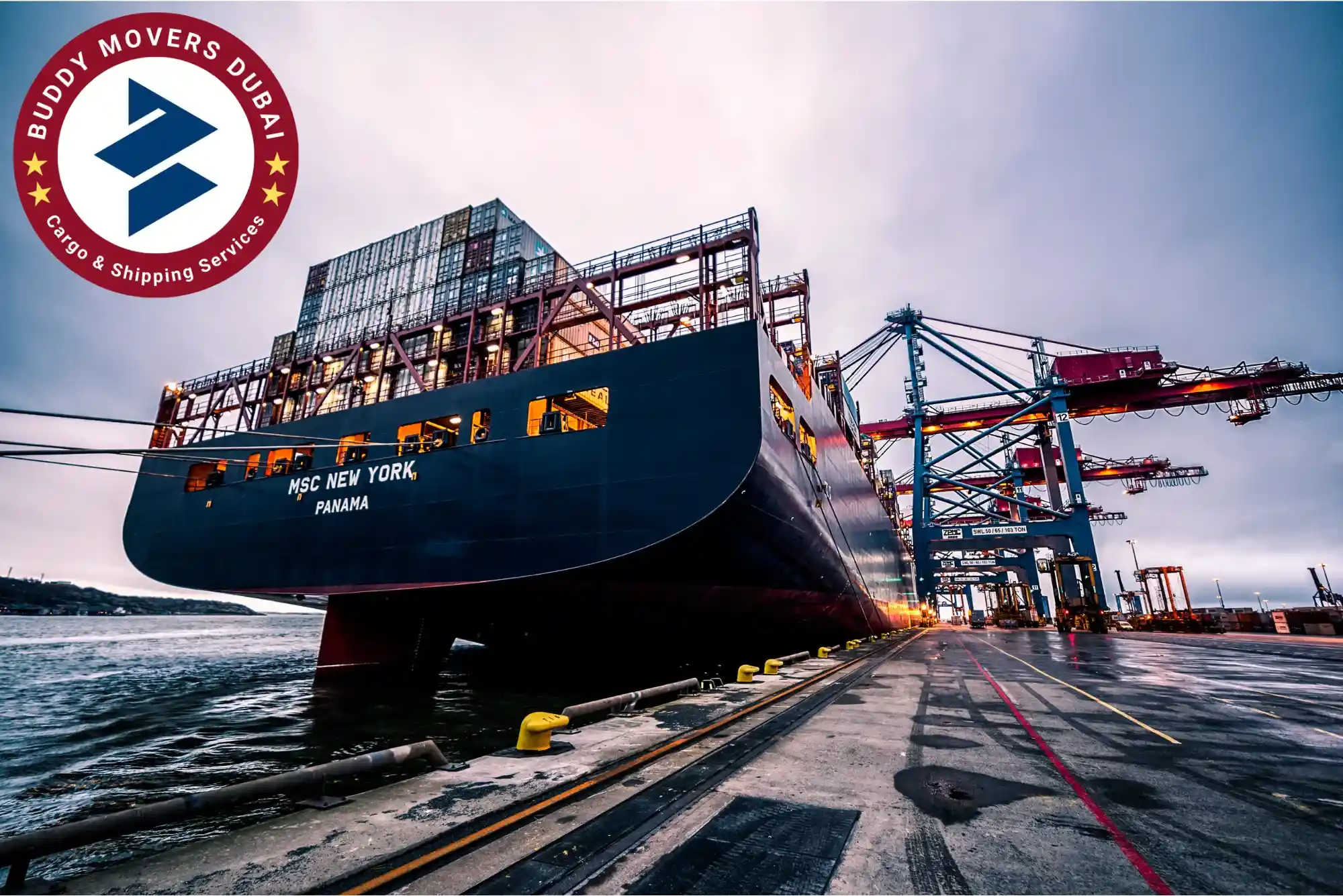Introduction
Dubai is a global trade hub, making it an attractive destination for businesses and individuals looking to import goods. However, navigating the import process requires a thorough understanding of customs regulations, documentation, and compliance requirements. This guide provides a step-by-step approach to importing goods into Dubai while ensuring compliance with UAE trade laws.
Understanding Dubai’s Import Regulations
The Dubai import process is governed by the UAE Federal Customs Authority and the Dubai Customs Department. Importers must follow strict guidelines to ensure compliance and avoid penalties. The key aspects of importing goods to Dubai include obtaining an import license, submitting customs declarations, and paying the necessary duties and taxes.
Dubai has a zero-tolerance policy on restricted or prohibited items, making it essential to check the updated list of banned goods before shipping. Additionally, importers must comply with VAT regulations introduced in 2018, which require businesses to register for VAT if their annual turnover exceeds AED 375,000.
Step-by-Step Guide to Importing Goods to Dubai
Obtain an Importer’s Code
Before importing goods, businesses must register with Dubai Customs and obtain an importer’s code. This unique code is mandatory for all import activities in the UAE.
Secure an Import License
To import commercial goods into Dubai, businesses need a valid trade license issued by the Dubai Department of Economic Development (DED). The license must be specific to the type of goods being imported.
Prepare the Required Documentation
Importing goods to Dubai requires several essential documents, including:
- Commercial Invoice – A detailed invoice specifying the goods, their value, and the seller/buyer details.
- Bill of Lading (BOL) – A shipping document confirming the shipment details.
- Certificate of Origin – A document verifying the country of manufacture.
- Packing List – A list specifying the contents of each package.
- Import Declaration Form – A form submitted to Dubai Customs for clearance.
Submit the Customs Declaration
Importers must electronically file a customs declaration through the Dubai Trade Portal. Once submitted, customs authorities assess the documents and assign an import duty classification.
Pay Import Duties and VAT
Import duties in Dubai typically range from 0% to 5%, depending on the product category. Certain goods, like alcohol and tobacco, have higher duty rates. Additionally, a 5% VAT applies to most imported goods.
Customs Inspection and Clearance
After payment, Dubai Customs may conduct an inspection to verify the shipment’s compliance. If approved, the importer receives a clearance certificate, allowing goods to be released for distribution.
Final Delivery and Distribution
Once cleared, importers can coordinate with local cargo services Dubai to transport goods to their destination. Choosing a trusted logistics partner ensures smooth last-mile delivery.
Common Challenges and Compliance Tips
Importing goods to Dubai comes with challenges such as:
- Restricted or Prohibited Goods: Certain items require special permits, while others are banned entirely.
- Delays in Customs Clearance: Incomplete documentation can result in delays and penalties.
- High Import Costs: Understanding duty exemptions can help reduce costs.
- Incorrect HS Code Classification: Properly classifying goods prevents additional charges and rejections.
To avoid these issues, businesses should work with a reliable shipping partner like Buddy Movers Cargo and Shipping for expert guidance and compliance assurance.
FAQs About Importing Goods to Dubai
1. What is the import duty rate in Dubai?
Most imported goods are subject to a 5% customs duty, but some items like electronics may be exempt.
2. Do I need a trade license to import goods into Dubai?
Yes, a valid trade license from the Dubai Economic Department (DED) is mandatory for commercial imports.
3. Can I import personal goods without a business license?
Yes, personal imports do not require a trade license, but customs duties and VAT still apply.
4. How long does the customs clearance process take?
Customs clearance typically takes 1–3 business days, but delays can occur if documentation is incomplete.
5. Where can I find a trusted shipping partner?
For hassle-free imports, consider working with Buddy Movers Cargo and Shipping for expert logistics support.
Importing goods to Dubai requires careful planning and adherence to UAE trade regulations. By following the step-by-step process, businesses can ensure a smooth import experience. Choosing a trusted logistics partner like Buddy Movers Location can further streamline the process, ensuring timely deliveries and regulatory compliance.
For reliable cargo services in Dubai, visit Buddy Movers Cargo and Shipping.

